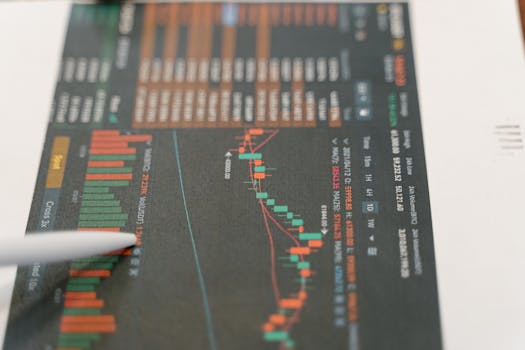
Mobile Money Revolution: How Telecom is Transforming African Economies
Mobile Money Revolution: How Telecom is Transforming African Economies. The advent of mobile money has revolutionized the way people in Africa access financial services. With the proliferation of mobile phones, telecom companies have been able to provide financial services to millions of people who were previously excluded from the formal financial system.
Introduction to Mobile Money

Mobile money refers to financial services that are provided through mobile phones. These services include person-to-person transfers, bill payments, and airtime top-ups. Mobile money has been particularly successful in Africa, where many people do not have access to traditional banking services.
In Africa, mobile money has become an essential part of daily life. People use mobile money to pay bills, send money to friends and family, and even save money. The convenience and accessibility of mobile money have made it a popular choice for many Africans.
Transforming African Economies

The mobile money revolution is transforming African economies in several ways. Firstly, it has increased financial inclusion by providing access to financial services for millions of people who were previously excluded. This has enabled people to save money, send and receive payments, and even access credit.
Secondly, mobile money has increased access to digital payments. This has made it easier for people to pay bills, purchase goods and services, and even pay taxes. The increased use of digital payments has also reduced the risk of cash-related crimes, such as robbery and fraud.
Thirdly, mobile money has promoted economic growth by providing opportunities for entrepreneurs and small businesses. With access to mobile money, entrepreneurs can now receive payments, manage their finances, and even access credit to grow their businesses.
Benefits of Mobile Money

The benefits of mobile money are numerous. Firstly, it provides convenience and accessibility. People can now access financial services from the comfort of their own homes, or even on the go.
Secondly, mobile money reduces the risk of cash-related crimes. By using digital payments, people can reduce the amount of cash they carry, which reduces the risk of robbery and fraud.
Thirdly, mobile money promotes financial inclusion. By providing access to financial services, mobile money has enabled millions of people to save money, send and receive payments, and even access credit.
Challenges Facing Mobile Money

Secondly, there is a risk of fraud and cybercrime. As with any digital payment system, there is a risk of fraud and cybercrime, which can be a challenge for mobile money providers.
Thirdly, there is a need for regulation. Mobile money providers need to be regulated to ensure that they are providing safe and secure services to their customers.
Conclusion

In conclusion, the mobile money revolution is transforming African economies by providing financial inclusion, increasing access to digital payments, and promoting economic growth. While there are still several challenges facing the industry, the benefits of mobile money are numerous, and it has the potential to continue transforming African economies for years to come.
See more:



